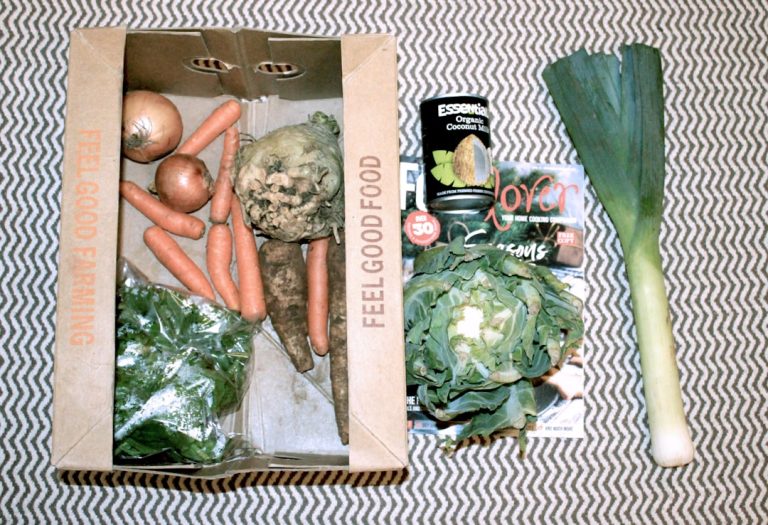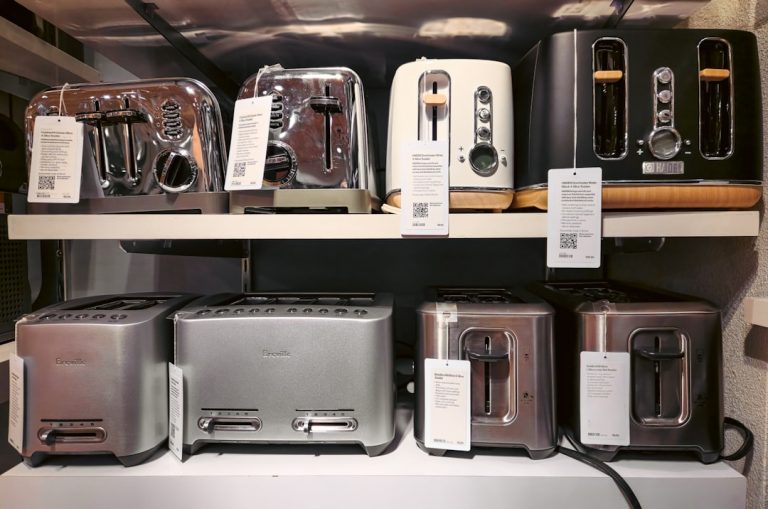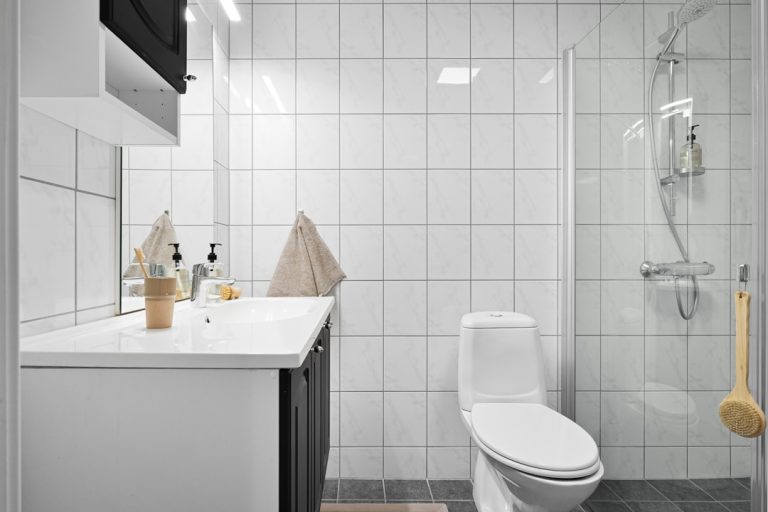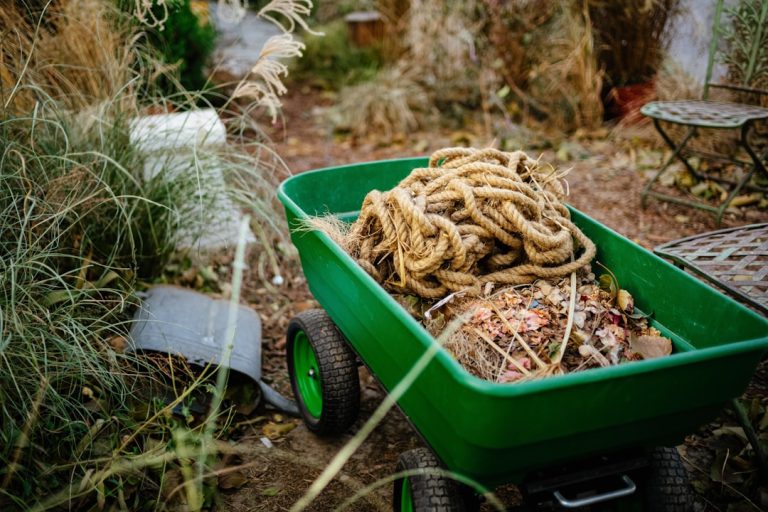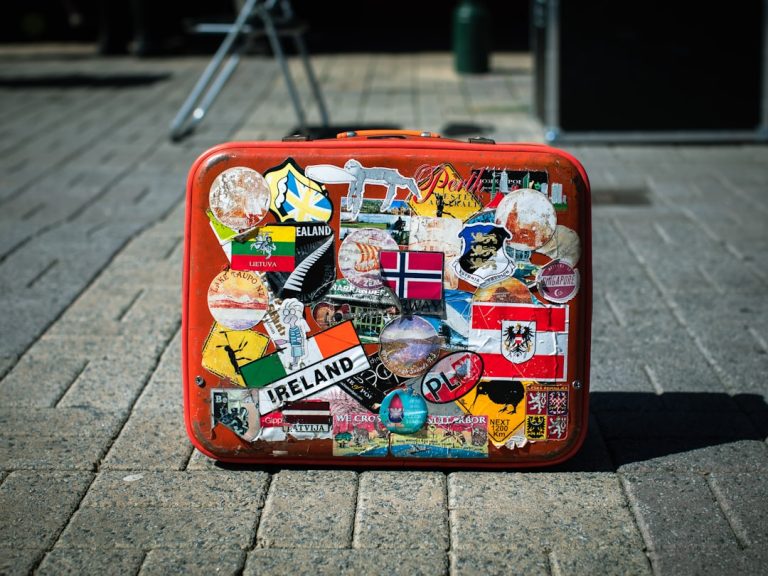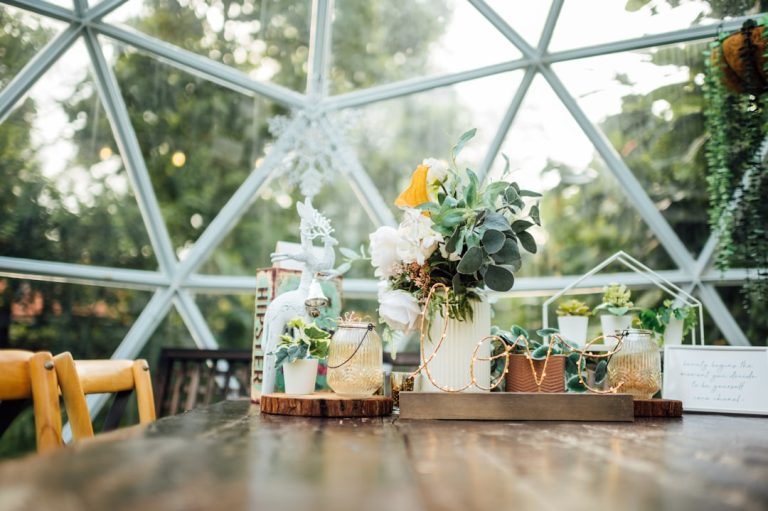The Impact of Plastic-free July on My Habits (my Learnings).
The Impact of Plastic-free July on My Habits (my Learnings)
Plastic-Free July. Two words that, for a long time, lived in the back of my mind as an admirable, yet seemingly impossible, endeavor. I considered myself environmentally conscious, dutifully sorting my recycling and opting for reusable bags at the supermarket. But truly going “plastic-free”? That felt like a challenge reserved for eco-warriors living off-grid. Yet, last year, a quiet nudge of curiosity, coupled with a growing unease about the sheer volume of plastic in my daily life, finally pushed me to take the plunge. What started as a month-long experiment quickly transformed into a profound journey of self-discovery, fundamentally altering my relationship with consumption and revealing a cascade of unexpected learnings about my own habits.
My Initial Reckoning: Unmasking My Hidden Plastic Dependencies
Before July began, I decided to conduct a personal audit, a silent scavenger hunt through my own home and daily routine to identify all the plastic culprits. I thought I had a decent handle on it. I was wrong. The sheer volume was staggering. My bathroom cabinet overflowed with plastic bottles of shampoo, conditioner, body wash, and lotions. My kitchen pantry revealed a graveyard of plastic packaging: cereal bags, pasta bags, snack wrappers, condiment bottles, and countless forgotten items tucked away. Even my “eco-friendly” cleaning supplies often came in plastic. The biggest shock, however, came from my grocery shopping habits.
I realized how effortlessly I’d grab pre-packaged produce, meat wrapped in cling film, and dairy products in plastic tubs without a second thought. Takeout containers, coffee cup lids, plastic cutlery from rushed lunches – these single-use items had become invisible fixtures in my life. This pre-Plastic-Free July audit wasn’t just an inventory; it was a sobering mirror reflecting how deeply ingrained plastic was in nearly every facet of my existence. It made me understand that my existing habits, while seemingly convenient, were contributing significantly to a larger problem I claimed to care about. The challenge wasn’t just about avoiding plastic; it was about deconstructing years of unconscious consumer behavior.
Navigating the Aisles: My Grocery Store Transformation
The supermarket became my first major battlefield. Initially, it felt like an obstacle course designed to trip up any aspiring plastic-free shopper. Everything, it seemed, was encased in plastic. My usual quick trips turned into thoughtful expeditions. I learned to scrutinize labels, search for alternatives, and, most importantly, plan. Planning became paramount. I started making detailed shopping lists, thinking not just about what I needed, but *how* I could acquire it without plastic.
This led to a profound shift in where I shopped and what I bought. I discovered local farmers’ markets where fresh produce was abundant and unpackaged. Bulk stores, once a novelty, became my go-to for grains, nuts, seeds, and even some cleaning supplies, all brought home in my own reusable containers. Meat and cheese counters, where items could be wrapped in paper, became preferred over pre-packaged options. I learned to make staples from scratch—yogurt, bread, sauces—reducing both plastic and often improving the quality of my food. The process was slower, more intentional, and surprisingly rewarding. It wasn’t just about avoiding plastic; it was about reconnecting with the source of my food and developing a deeper appreciation for simple, wholesome ingredients. This new way of shopping forced me to slow down and consider the entire lifecycle of my purchases, a habit that has firmly stuck.
Beyond the Kitchen: Everyday Shifts in Personal Care and Lifestyle
While groceries presented the most immediate challenge, the bathroom and my general lifestyle habits also demanded significant attention. Swapping out my plastic shampoo and conditioner bottles for solid shampoo and conditioner bars was one of the easiest and most impactful changes. I found that not only did they work just as well, but they also lasted longer and reduced clutter. My plastic toothbrush was replaced by a bamboo one, and liquid hand soap gave way to solid soap bars. These small changes felt significant because they were so visible and used daily, serving as constant reminders of my commitment.

My daily commute and social life also saw changes. My reusable coffee cup and water bottle, once occasionally remembered, became non-negotiable companions. I started carrying a small kit with a reusable straw and cutlery, avoiding single-use options at cafes and takeaways. Even gifts became an opportunity for change; I opted for experiences, homemade items, or products packaged minimally. These shifts weren’t just about finding alternatives; they were about developing a new level of mindfulness. I began to anticipate situations where plastic might appear and proactively plan to avoid it. This foresight became a powerful new habit, reducing stress and increasing my sense of control over my environmental footprint. It taught me that convenience often comes at an environmental cost, and with a little planning, sustainable choices can become just as convenient, if not more so.
The Mindset Shift: From Obligation to Conscious Living
Perhaps the most profound impact of Plastic-Free July wasn’t just on my physical habits, but on my mindset. What began as a month of “don’ts” and “can’ts” gradually transformed into a period of discovery and empowerment. The initial feeling of deprivation or inconvenience slowly faded, replaced by a sense of purpose and creativity. I started seeing problems (like a plastic-wrapped product) not as roadblocks, but as puzzles to solve. This mental shift was crucial.
I learned to appreciate the simplicity of unpackaged goods, the beauty of a well-crafted soap bar, and the satisfaction of making something from scratch. My consumption became more intentional. Before buying anything, I started asking myself: “Do I truly need this? Is there a plastic-free alternative? What is its lifecycle?” This mindfulness extended beyond plastic, influencing my overall purchasing decisions and encouraging me to support ethical, sustainable brands. The challenge reframed my understanding of “convenience” – true convenience, I realized, was living in alignment with my values, rather than succumbing to the easiest, often most wasteful, option. It cultivated a deeper connection to the environment and a greater appreciation for the resources we often take for granted. This month taught me that habit change isn’t just about doing things differently; it’s about seeing the world differently.
My Enduring Legacy: Habits That Stuck Long After July
As August rolled around, I expected some of my new, more challenging habits to revert. To my surprise, many didn’t. The most significant learning was that once a habit is truly ingrained, once you understand its purpose and feel the positive impact, it becomes part of who you are. My reusable shopping bags, produce bags, coffee cup, and water bottle are now permanent fixtures in my daily life, packed without a second thought. My bulk shopping trips continue, and my pantry is significantly less cluttered with plastic. I still make my own yogurt and bread, not just for the plastic reduction, but because I genuinely prefer the taste and process.
The impact extended beyond my personal sphere. My family, initially skeptical, started adopting some of these habits. My partner now automatically grabs the reusable bags, and my children are more aware of plastic waste, pointing out alternatives. We’ve even started composting more diligently, further reducing our overall waste. While I’m not perfectly plastic-free – it’s an ongoing journey with occasional compromises – the core changes in my habits and mindset are permanent. Plastic-Free July wasn’t just a month; it was a catalyst that fundamentally reshaped my daily routines, making me a more conscious consumer and a more mindful inhabitant of our planet. It proved that even small, consistent actions can lead to lasting, impactful change. Starting Your Own Zero-Waste Journey, even small steps, can lead to profound personal growth.
My Continuous Evolution: Embracing Imperfection in Sustainable Living
One of the most valuable lessons I took from Plastic-Free July was the importance of progress, not perfection. There were moments of frustration, instances where avoiding plastic felt impossible, and times I slipped up. Instead of letting these moments derail my efforts, I learned to view them as opportunities for further learning. It taught me that sustainable living isn’t about achieving a mythical “zero-waste” status overnight, but about making consistent, conscious choices that align with my values over time. It’s about understanding the nuances of Understanding Single-Use Plastics and making informed decisions.
This ongoing evolution means I’m still discovering new alternatives and refining my habits. I’m exploring more local businesses, researching sustainable packaging innovations, and engaging in conversations about waste reduction with greater confidence. The month provided a solid foundation, but the journey of reducing my environmental footprint is a continuous one. It’s a journey of being open to new ideas, adapting to challenges, and celebrating every small victory. The biggest impact of Plastic-Free July on my habits is not just the specific changes I made, but the enduring mindset of intentionality and continuous improvement it instilled.
Reflecting on the Broader Implications of My Plastic-Free Journey
My personal experience with Plastic-Free July also opened my eyes to the broader systemic issues surrounding plastic pollution. While individual actions are crucial, I became more acutely aware of the need for corporate responsibility and policy change. This led me to engage more with environmental advocacy and support businesses that prioritize sustainability

